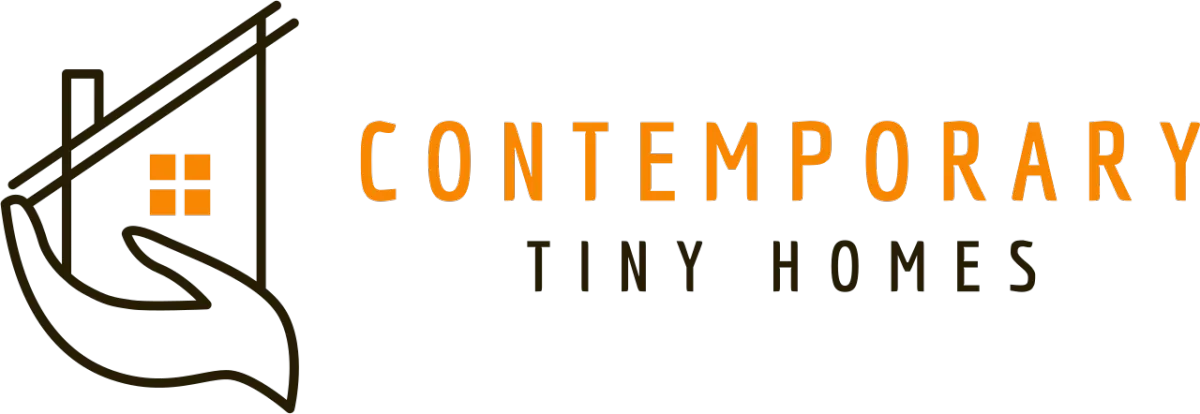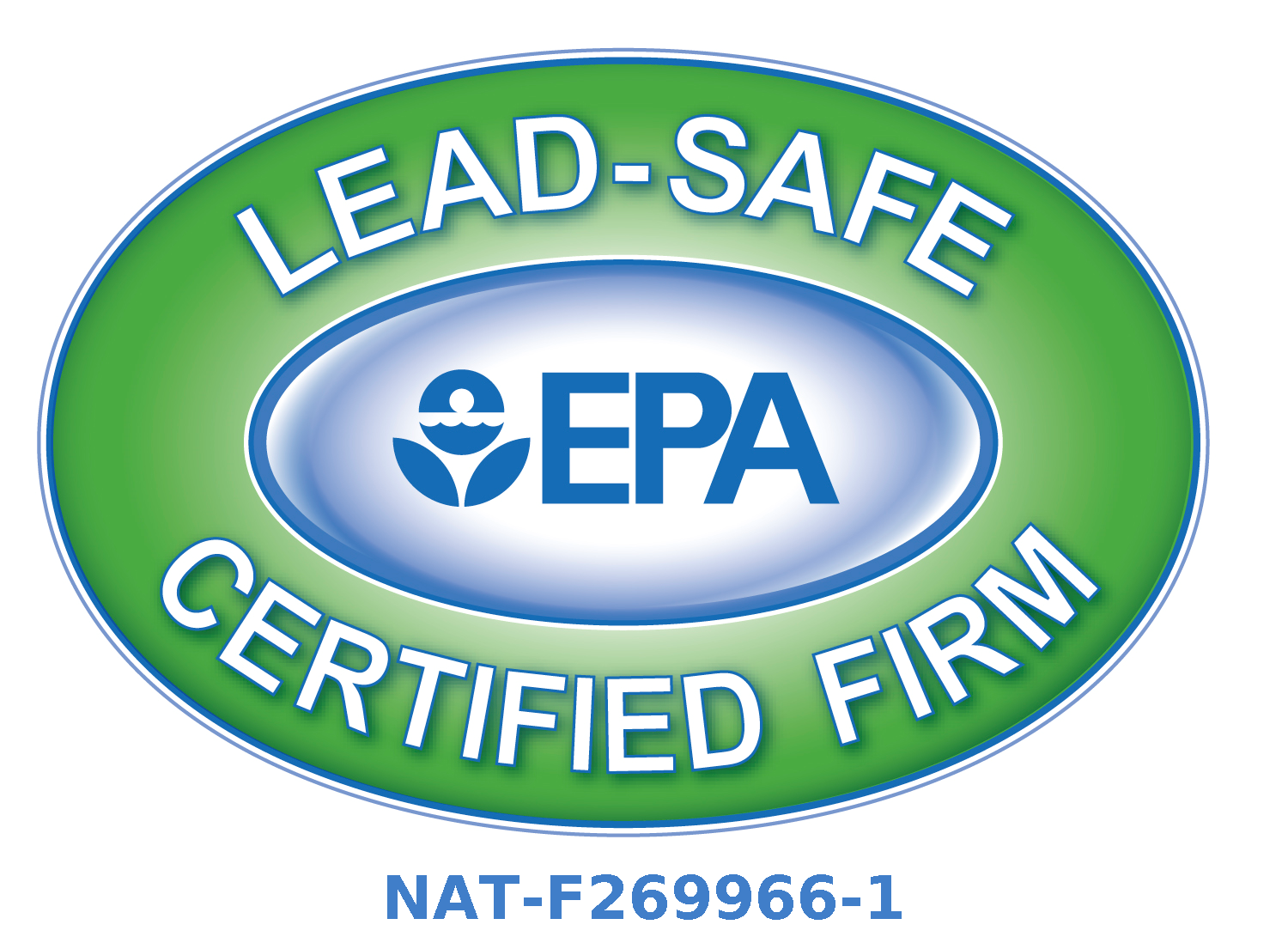Knowledge Center: Your Go-To Resource for ADUs and Tiny Living
Knowledge Center: Your Go-To Resource for ADUs and Tiny Living
Email [email protected]
Phone 860-TINY-HOM (es)

Are there any government grants for building ADUs?
ADUs have emerged as a popular housing option that offers homeowners flexibility, additional income potential, and opportunities to address housing shortages. These secondary units, also known as granny flats, in-law suites, or backyard cottages, provide a means to increase housing density without the need for large-scale development. As interest in ADUs continues to grow, many individuals are exploring government grants and funding options to support the construction of these versatile living spaces.
Let's explore the landscape of government grants available for building ADUs, ranging from federal programs to state and municipal initiatives.
Overview of Government Grants for ADU Construction
Types of Government Funding Available
When it comes to building an ADU, government grants can be a game-changer. These grants can help offset the costs of construction, making it more affordable for homeowners to add an ADU to their property. From reducing financial barriers to encouraging sustainable housing solutions, government grants play a vital role in promoting ADU development.
Importance of Grants for ADU Development
Let's face it, building an ADU can be a pricey endeavor. Government grants help make this dream a reality for many homeowners by providing financial assistance and incentivizing the creation of additional housing units. By offering grants for ADU construction, governments can support affordable housing initiatives, increase housing stock, and promote community development.
Federal Grant Programs for ADU Development
HUD's HOME Investment Partnerships Program
The U.S. Department of Housing and Urban Development's HOME Investment Partnerships Program provides grants to states and local governments to fund a variety of affordable housing initiatives, including ADU development. These funds can be used to support the construction of ADUs for low-income families, seniors, and individuals with disabilities.
USDA Rural Housing Service Grants
If you live in a rural area, you may be eligible for grants from the USDA Rural Housing Service to help finance the construction of an ADU. These grants aim to improve housing affordability and quality in rural communities, making it easier for homeowners to build ADUs on their properties.
State-Level Funding Opportunities for ADUs
Plus One ADU
Westchester County Habitat for Humanity in New York has launched an Accessory Dwelling Unit (ADU) development program.
In partnership with the NYS Housing Trust Fund Corporation, Housing Action Council and select municipalities, Westchester Habitat will coordinate the construction of accessory apartments on the properties of low- to moderate-income residents of Bedford, Cortlandt, Croton-on-Hudson, Dobbs Ferry, Hastings-on-Hudson, Irvington, and Yorktown.
These homeowners may seek to house a family member or caregiver, age in place with additional supplementary income, provide affordable workforce housing, or be struggling to maintain the affordability of their homes due to rising costs.
Oregon's Housing and Community Services Grants
In Oregon, the Housing and Community Services Department provides grants to support the construction of ADUs for low-income families and individuals. These grants help improve housing affordability and accessibility, while also promoting sustainable development practices across the state.
Eligibility Criteria and Application Process for ADU Grants
Before you start imagining your dream ADU, it's important to know if you qualify for these government grants. From income requirements to property criteria, here's what you need to consider before diving into the world of ADU funding.
Income and Property Requirements
Just like a Hollywood casting call, government grants have their own set of requirements. Income limits and property criteria are the gatekeepers to accessing funds for your ADU project. Make sure you meet the eligibility criteria before you start dreaming up your backyard oasis.
Steps to Apply for Government Grants
Ready, set, grant! Applying for government funding can feel like navigating a maze of paperwork and deadlines. From filling out forms to gathering supporting documents, here are the steps you need to take to secure that sweet grant money for your ADU.
Tips for Securing Government Funding for ADU Construction
Ready to take the plunge into the world of government grants for ADUs? Here are some tips to help you navigate the process like a pro, from cozying up to local housing authorities to mastering grant application deadlines and requirements.
Engaging with Local Housing Authorities
Think of local housing authorities as your fairy godmother in the world of ADU grants. Building a relationship with these authorities can open doors to funding opportunities and valuable resources for your ADU project.
Navigating Grant Application Deadlines and Requirements
Deadlines are like the final boss in a video game - intimidating but conquerable. By mastering grant application deadlines and requirements, you can level up your chances of securing government funding for your ADU construction.
Exploring Government Grants for ADUs
In conclusion, government grants play a crucial role in facilitating the development of ADUs across the country. By providing financial assistance and incentives, these funding opportunities empower homeowners to create additional living spaces, promote affordable housing solutions, and contribute to community development. As the demand for ADUs continues to rise, individuals interested in pursuing such projects should thoroughly research and leverage available grant programs to make their vision a reality. With the right support and resources, building an ADU can not only enhance property value but also make a positive impact on housing accessibility and sustainability.
FAQs
Are government grants the only funding option available for constructing an ADU?
No, government grants are not the only funding option for constructing an ADU. Homeowners can also explore personal loans, home equity loans, construction loans, and local incentives, as well as tax incentives or rebates for energy-efficient construction.
Can homeowners apply for multiple grants from different government levels for the same ADU project?
Yes, homeowners can often apply for multiple grants at federal, state, and local levels for the same ADU project. However, eligibility requirements and funding limits may vary, so it’s essential to check each program’s specific rules.
What are some common eligibility criteria for securing government grants for ADU construction?
Typical eligibility criteria for ADU grants include income thresholds, location requirements, and project use, such as low-income housing. Some grants also prioritize applicants who use energy-efficient materials or plan to use the ADU for affordable housing.
How long does it typically take to receive approval and funding through government grant programs for ADUs?
Approval and funding timelines for ADU grants can vary widely, often taking anywhere from a few weeks to several months. The process length depends on the program’s application requirements, demand for funding, and approval protocols at each government level.

Copyright 2026. All rights reserved. Norwalk, CT
Connecticut's New Home Construction Contractor License: #NHC.0017654
EPA Lead-Safe Certified NAT-F269966-1



